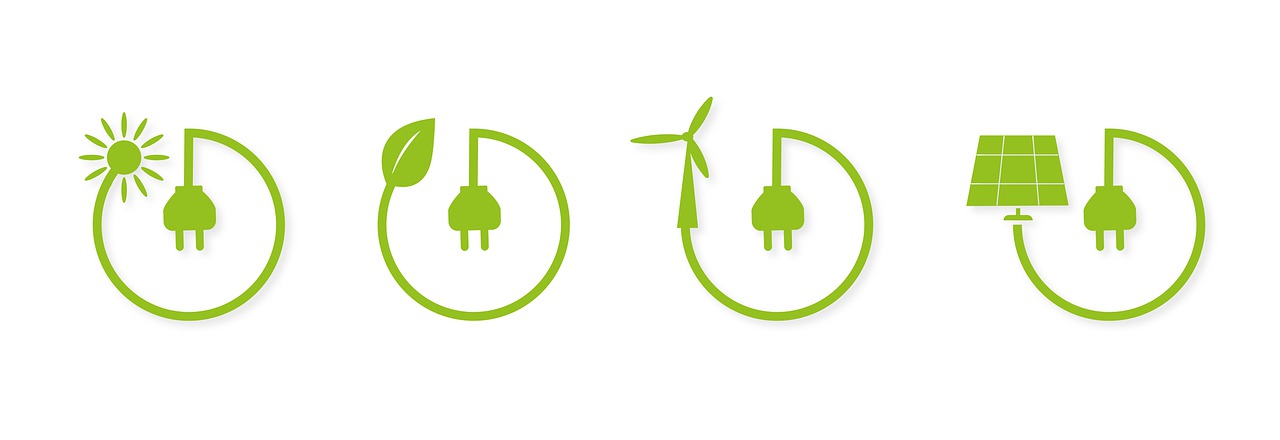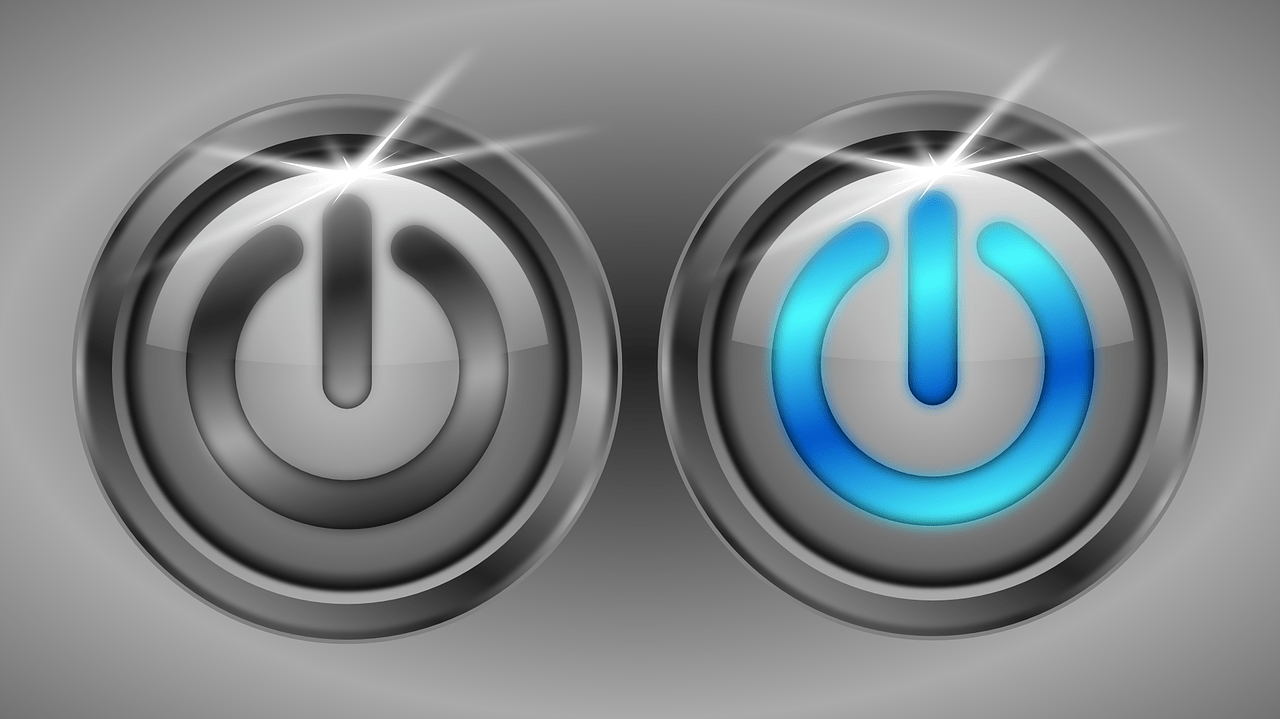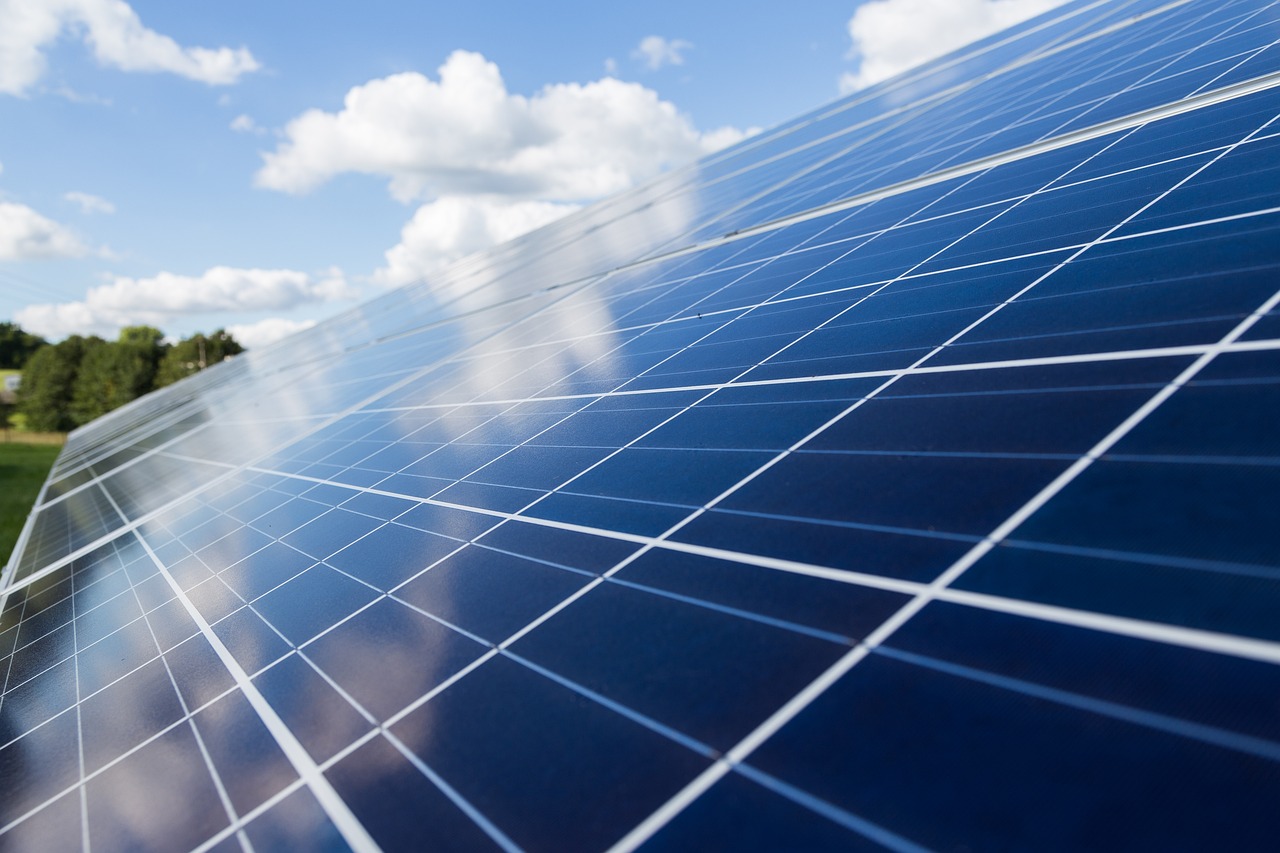Are you ready to harness the power of the sun? In this article, you will discover the essential skills needed to become a master of prepper solar power. From understanding solar panels to maximizing energy storage, you will gain the knowledge and expertise needed to navigate any emergency situation. Say goodbye to relying on traditional power sources and hello to a self-sufficient future. So, grab your shades and let’s dive into the world of prepper solar power.

Understanding Solar Power
Basic Principles of Solar Power
Solar power is a renewable energy source that converts sunlight into electricity. It works through the use of solar panels, which consist of photovoltaic cells that capture the sun’s energy and convert it into electrical power. This process is based on the principle of the photovoltaic effect, where sunlight causes the movement of electrons in the cells, creating an electric current.
Types of Solar Power Systems
There are two main types of solar power systems: grid-tied and off-grid.
-
Grid-tied systems are connected to the local utility grid. They allow you to generate electricity from the sun and sell any excess power back to the grid. This type of system is suitable for areas with reliable access to electricity and often includes net metering arrangements with the utility company.
-
Off-grid systems are designed to provide electricity in remote areas or during power outages. These systems use batteries to store excess energy generated during the day for use at night or during cloudy days. Off-grid systems require careful sizing to ensure an adequate supply of power.
Components of a Solar Power System
A solar power system consists of several key components:
-
Solar panels: These are the primary components that convert sunlight into electricity. They are made up of multiple photovoltaic cells and come in different shapes and sizes.
-
Inverter: The inverter is responsible for converting the direct current (DC) produced by the solar panels into alternating current (AC) that can be used to power electrical devices in your home.
-
Charge controller: If you have a system with batteries, a charge controller is necessary to regulate the charging and discharging of the batteries, ensuring they are not overcharged or drained excessively.
-
Batteries: Batteries store the excess energy generated by the solar panels for use when the sun is not shining, such as at night or during periods of low sunlight. The size and capacity of the battery bank should be carefully determined based on your power needs.
Solar Power Calculation and Sizing
Determining Your Power Needs
Before installing a solar power system, it’s essential to determine your power needs. This involves assessing your average daily and monthly energy consumption by examining your electrical bills and identifying where you use the most electricity. This information will help you determine the size of the solar power system you need.
Calculating Solar Panel Capacity
Once you know your power needs, you can calculate the capacity of the solar panels required to meet those needs. Solar panels are rated in terms of their maximum output power, usually in watts (W). To determine the number of panels needed, divide your total power needs by the maximum output power of the panels.
Sizing Battery Bank and Inverter
If you are considering an off-grid system with batteries, you will also need to determine the size of the battery bank and inverter. The battery bank should be sized to store enough energy to meet your needs during periods of low sunlight. The inverter should have sufficient capacity to handle the electrical load of all your devices.
Solar Panel Installation
Choosing the Right Location
The location of your solar panels plays a crucial role in their efficiency and performance. Ideally, solar panels should be installed in an area that receives maximum sunlight throughout the day, such as on the roof of your home or in an open field. Factors to consider include shading from nearby trees or buildings, the angle of the sun, and the orientation of the panels (south-facing is optimal in the Northern Hemisphere).
Mounting Solar Panels
Solar panels can be mounted on various surfaces, including rooftops and the ground. The mounting system should be chosen based on the specific needs of your installation. Roof-mounted systems are the most common and require appropriate mounting hardware to ensure the panels are securely fastened and protected from high winds or other weather conditions.
Wiring Solar Panels
Proper wiring of solar panels is crucial for their safe and efficient operation. This involves connecting the positive and negative terminals of each panel to form a solar array. The array is then connected to the inverter, which converts the DC output of the panels into usable AC power. It is recommended to consult a professional electrician or solar installer to ensure the wiring is done correctly.
Battery Management
Battery Maintenance and Safety
To ensure the longevity and optimal performance of your batteries, regular maintenance is essential. This includes keeping the battery terminals clean, checking the electrolyte levels (if applicable), and monitoring the battery’s temperature. It is crucial to follow the manufacturer’s guidelines for specific maintenance procedures and safety precautions.
Monitoring Battery Levels
Monitoring the state of charge (SOC) of your battery bank is necessary to prevent overcharging or deep discharging. This can be done using battery monitors that provide real-time information on the battery’s voltage, current, and capacity. It is also crucial to monitor the battery temperature to prevent overheating, which can reduce battery life.
Extending Battery Lifespan
To maximize the lifespan of your batteries, it is important to implement strategies that reduce stress on the battery bank. This includes avoiding excessive discharging, implementing proper charging practices, and maintaining a suitable temperature for the batteries. Regularly checking for and replacing any faulty or aging batteries is also recommended.

Inverter and Charge Controller
Understanding Inverters and Charge Controllers
An inverter is an essential component of a solar power system that converts the DC power generated by the solar panels into AC power. Depending on your system configuration, you may need a grid-tie inverter or an off-grid inverter. A charge controller, on the other hand, regulates the charging and discharging of the batteries in a system with batteries.
Choosing the Right Inverter
Choosing the right inverter for your solar power system depends on several factors, including your power needs, system configuration, and budget. It is important to select an inverter that has sufficient capacity to handle the electrical load of your devices and is compatible with your battery bank. It is also recommended to choose an inverter from a reputable manufacturer to ensure reliability and performance.
Maximizing Efficiency with Charge Controllers
Charge controllers play a crucial role in maintaining the health and efficiency of your battery bank. They prevent overcharging, regulate the charging voltage, and protect the batteries from deep discharging. Advanced charge controllers may also offer additional features such as MPPT (Maximum Power Point Tracking), which optimizes the solar panel’s output efficiency.
Backup Power Systems
Integrating Generator or Grid as Backup
While solar power systems provide renewable and sustainable energy, it is beneficial to have a backup power source for unexpected situations or prolonged periods of low sunlight. One option is to integrate a generator into your system, which can provide power during extended periods of bad weather or high power demand. Another option is to have a grid-tied system, which allows you to draw electricity from the utility grid during times of insufficient solar power.
Automatic Transfer Switches
To seamlessly switch between your solar power system and a backup power source, an automatic transfer switch (ATS) can be installed. An ATS detects the loss of solar power and automatically switches to the backup power source. When solar power is restored, it switches back to using the solar power system.
Maintaining Power during Outages
During power outages, having a backup power system in place can be essential. By combining a battery backup system with your solar power system, you can continue to power essential devices and appliances even when the grid is down. It is important to prioritize critical loads to ensure that your backup power is directed to the most important appliances or devices.

Solar Power Troubleshooting
Identifying and Fixing Common Issues
Like any other system, solar power systems may encounter issues from time to time. Common issues include loose electrical connections, damaged wiring, or malfunctioning components. It is important to regularly inspect your system for any signs of damage or performance issues. Troubleshooting may involve checking connections, replacing faulty components, or seeking professional assistance if necessary.
Dealing with Overheating or Underperformance
Overheating can be a common issue with solar panels, especially in hot climates. This can lead to reduced performance and efficiency. To mitigate overheating, proper ventilation and airflow around the panels should be ensured. In cases of underperformance, factors such as shading, dirt or debris on the panels, or a malfunctioning inverter may be the cause, requiring appropriate troubleshooting and corrective measures.
Repairing Faulty Components
If any component of your solar power system becomes faulty, it is important to address the issue promptly. Repairing faulty components may involve replacing damaged wiring, reconnecting loose connections, or replacing malfunctioning devices such as inverters or charge controllers. It is recommended to consult a professional if you are unsure or uncomfortable with performing repairs yourself.
Off-Grid Living Essentials
Energy Conservation Techniques
When living off-grid, energy conservation techniques are crucial to maximize the efficiency and longevity of your solar power system. This includes practices such as using energy-efficient appliances and lighting, reducing standby power consumption, and implementing insulation and weatherization measures in your home to minimize energy loss.
Other Off-Grid Power Sources
While solar power is a popular choice for off-grid living, there are other alternative power sources that can be utilized. These include wind turbines, hydroelectric systems, or even biomass generators. Depending on your location and available resources, these options can complement your solar power system and provide additional energy when sunlight is limited.
Efficient Appliance Selection
Choosing energy-efficient appliances is key to minimizing your energy consumption and maximizing the effectiveness of your off-grid solar power system. Look for appliances with high energy efficiency ratings, such as Energy Star certified models. Additionally, consider appliances that can run on DC power directly from your solar panels, thereby avoiding the energy losses associated with using an inverter.

Emergency Preparedness
Powering Essential Devices during Emergencies
Solar power systems can be invaluable during emergencies, providing a reliable source of electricity when the grid is down. It is essential to have a plan in place for powering essential devices, such as medical equipment, communication devices, or emergency lighting during emergencies. This may involve having a dedicated backup battery system or prioritizing critical loads in your solar power setup.
Creating a Survival Power Plan
To be fully prepared for emergencies, creating a survival power plan is crucial. This plan should outline the steps to take during different scenarios, such as prolonged power outages or natural disasters. It should include strategies for conserving energy, maintaining and monitoring your solar power system, and ensuring you have the necessary resources and backup plans in place.
Solar Power for Communications
During emergencies, reliable communication is essential for ensuring your safety and seeking assistance if needed. Solar power can be used to power essential communication devices such as radios, cell phones, or even satellite phones. Having a dedicated solar-powered charging station or portable solar panels can help keep your communication devices operational when traditional power sources are unavailable.
Continued Learning
Staying Updated on Solar Power Technology
Solar power technology is constantly evolving, with new advancements and innovations being made regularly. It is important to stay updated on the latest developments in the industry to ensure you are maximizing the potential of your solar power system. This can be done through online research, subscribing to industry publications, or following reputable solar power companies and organizations.
Joining Prepper and Solar Power Communities
Joining prepper and solar power communities can provide valuable knowledge and insights from experienced individuals. These communities often organize events, workshops, and seminars focused on renewable energy, emergency preparedness, and self-sufficiency. Participating in these activities can help expand your understanding of solar power and connect with like-minded individuals.
Attending Workshops and Training Programs
Attending workshops and training programs dedicated to solar power can help you further develop your skills and knowledge in this field. Many organizations and educational institutions offer hands-on training courses that cover various aspects of solar power system design, installation, maintenance, and troubleshooting. These programs can provide valuable practical experience and allow you to interact with industry professionals.
In conclusion, understanding solar power is essential for harnessing its potential and ensuring the effective installation, management, and maintenance of a solar power system. By familiarizing yourself with the basic principles, components, and installation techniques, you can confidently embark on your journey towards sustainable and self-reliant energy. Remember to continuously learn and adapt as solar power technology continues to evolve, and stay connected with the prepper and solar power communities to expand your knowledge and support network.

